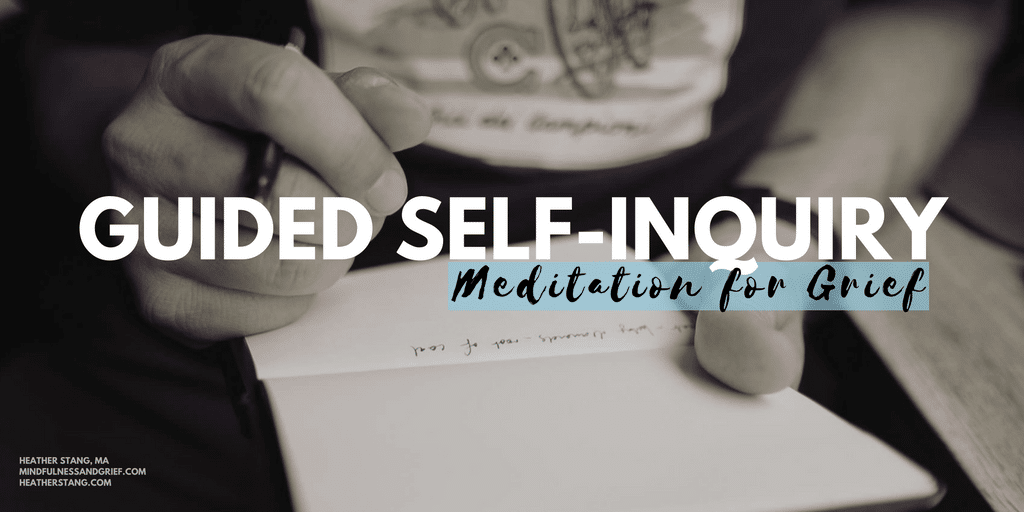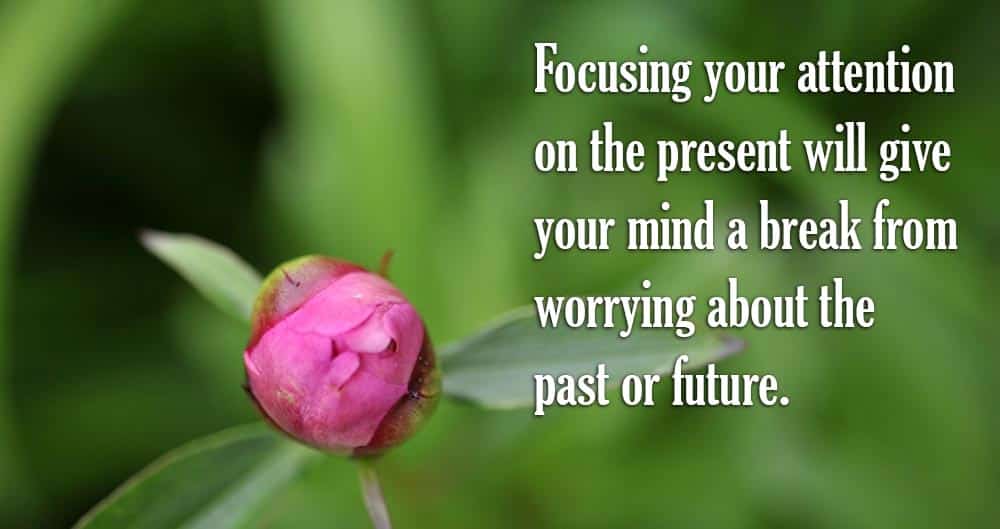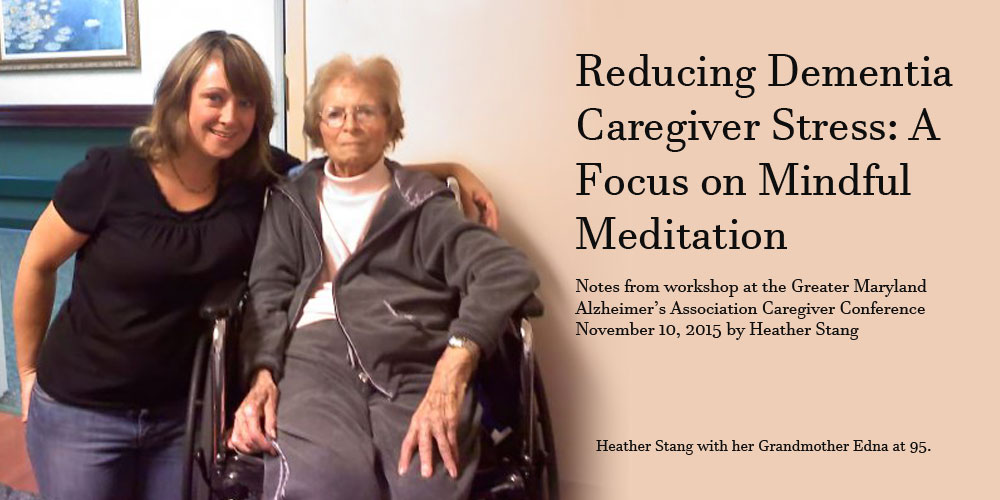Guilt and grief form a ubiquitous pair. We can find countless ways to blame ourselves. For that last argument we had. For not insisting they visit the doctor sooner. For sending them on that last errand. For not discovering the right healing supplement. For not being able to cure their addiction or ease the pain
Years before I even thought about writing Mindfulness & Grief, I wondered… can meditation help with grief? After all, meditation has been helping people liberate themselves from suffering for thousands of years, thanks to the Buddha and other spiritual teachers. It helps calm anxiety, release tension in the body, and helps you feel more capable
People learn to meditate for many reasons: to calm anxiety, ease stress, be more productive at work, or less agitated at home. It can take some effort to establish a daily meditation practice, but the payoff is priceless. On good days, a regular meditation practice can help you savor all that life has to offer.
“In Asian languages, the word for mind and the word for heart are same. So if you’re not hearing mindfulness in some deep way as heartfulness, you’re not really understanding it. Compassion and kindness towards oneself are intrinsically woven into it. You could think of mindfulness as wise and affectionate attention.” Jon Kabat-Zinn, Time Magazine Mindfulness And
Self-compassion as self-care for grief is the practice of making skillful choices that will reduce suffering and improve the quality of your life. It goes beyond creating healthy habits, such as exercise, a balanced diet, drinking plenty of water and getting the right amount of sleep – though these can all help with grief.Self-compassion as
This Guided Self-Inquiry Meditation for Grief accompanies the “Tending the Garden of Grief” article written by Heather Stang for the Fall 2016 edition of the TAPS Magazine. TAPS is a wonderful, supportive organization for U.S. military survivors. It is in their honor that I offer this guided meditation as both an audio and as a









